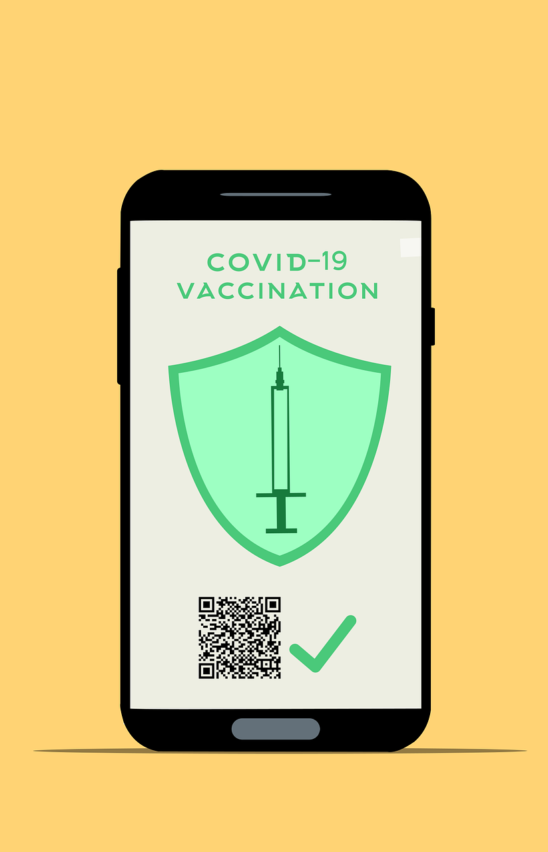
Vaccine Pass and opposition communication
If everyone agrees that it is not easy to govern in times of health crisis, opposing is not an easy task either, as the debate on the vaccine pass is showing.
Emmanuel Macron’s announcement of his intention to transform the health pass into a vaccination pass immediately led, as expected, to negative reactions from the various opposition parties and notably from almost all the presidential candidates. Only the usual supporters of the President did not criticise it, even if some doubts were expressed.
There are the “violently opposed” who invoke the fundamental principles of the Republic to denounce the scandal of creating two categories of French people: the vaccinated and the others. Marine Le Pen, Jean-Luc Mélenchon, and Éric Zemmour have competed in arguments to explain their opposition: the collapse of our individual freedoms, the attack on democracy and public liberties, the dictatorship of health, the class warfare of vaccines… ! And they promised an agitated debate in Parliament.
There are “the moderately opposed” who rely on the opinion of the experts to justify their refusal: “I will follow the recommendations of the WHO and today the WHO does not recommend it”, noted Yannick Jadot.
On the other hand, there are those who point that the executive does not go far enough to avoid having to say that they support its decision. “It’s compulsory vaccination, let’s not play on words. We have to stop this permanent infantilisation of the French people,” said the mayor of Paris, Anne Hidalgo, in unison with the socialist parliamentarians and in particular the senators who tabled a bill in this sense a few months ago. “Let’s postpone the start of the school year by a week to protect French people”, proposed Valérie Pécresse, who added “the government no longer has a choice, we will be vigilant in Parliament”.
But this stream of criticism did not seem to convince public opinion. According to a poll by Odexa and Blackstone Consulting for Le Figaro, published on 24 December and therefore passed somewhat unnoticed, 2 out of 3 French people would be in favour of the vaccination pass and 64% would even agree to impose it at work. More cruel for the candidates of these two parties, 65% of the sympathizers of the France Insoumise (JL Melanchon) and 59% of those of the Rassemblement National (M Le Pen) would be for the transformation of the health pass into a vaccination pass. Last July, French people had already approved, by a large majority, the obligation to present a health pass in many situations. It is perhaps these results that led Christiane Taubira, who had been noted up to now for her refusal to encourage people to be vaccinated, to declare that “the government is in its role when it chooses the vaccination pass”. This is a clever way of adopting the posture of a responsible stateswoman, without disavowing her previous positions. Or how to become presidential even before being an official candidate.
Faced with the meteoric spread of the new variant over the last few days, the fact is that the presidential campaign will take place against the backdrop of a pandemic. And, for the time being, it is rather favourable to the President of the Republic who appears to be the protector of the Nation, the one who takes the difficult but indispensable decisions while ensuring their acceptability by public opinion. The French will choose for themselves whether or not to vaccinate, whether they want to continue to go to restaurants, the cinema or to travel. But at the same time, the government will do everything possible to convince them to make the right choice.
In the short term, the health crisis is therefore not a good ground for the opposition, which does not mean that next April the French will not take a different look at the two years they have just lived. But it does explain the vigour and energy with which the various candidates seized upon the replacement of the French flag under the Arc de Triomphe on the occasion of the beginning of the French Presidency of the European Council. As the National Assembly examines the bill on the vaccination pass in public session on 3 January, we are back to a well-defined and necessarily cliving debate on identity.
